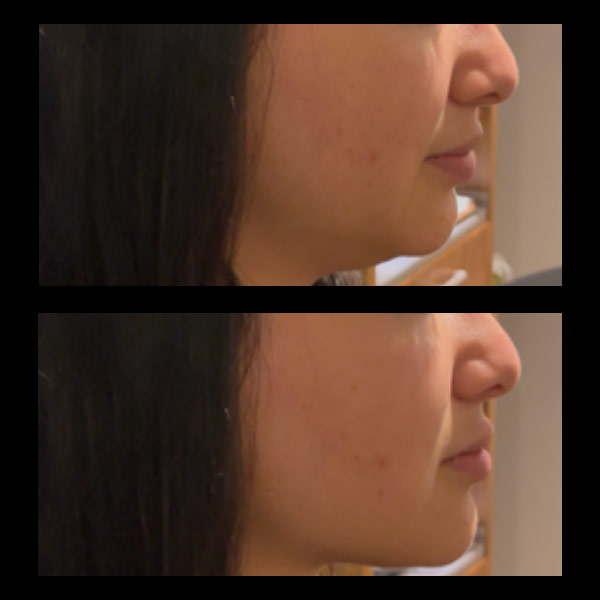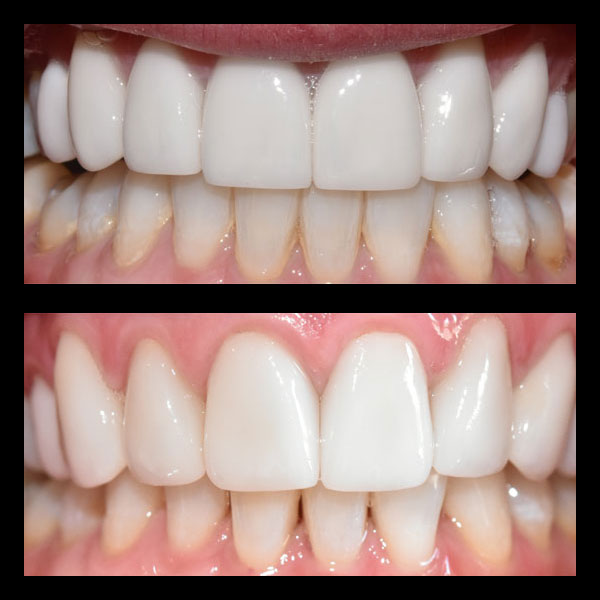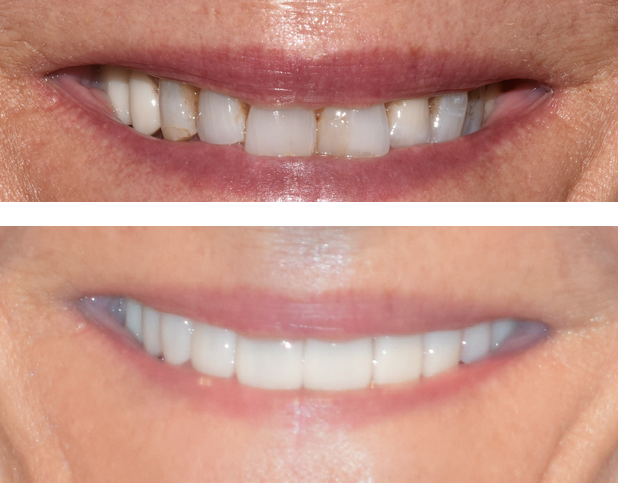Recovering from a dental implant surgery requires careful attention and adherence to specific guidelines to ensure optimal healing. With precise aftercare, you can navigate the recovery process successfully and enjoy the benefits of a healthy, vibrant smile. Below, we outline the essential steps to take care of your dental implants at home, with insights tailored for patients in Boulder, Colorado, provided by Incredible Smiles.
Understanding the Immediate Post-Surgery Phase
The first 24-48 hours following your dental implant procedure are crucial for setting the foundation for proper healing. During this time, you can expect mild swelling and discomfort, but these are natural parts of the recovery process. Staying prepared with the right strategies will make this period much more manageable.
To manage any post-surgery discomfort, the appropriate medication can make a significant difference. Below is a table comparing recommended over-the-counter medications:
| Medication | Usage | Notes |
|---|---|---|
| Ibuprofen | Every 6-8 hours | Helps reduce inflammation and pain |
| Acetaminophen | Every 4-6 hours | Relieves pain but does not reduce inflammation |
It’s imperative to rest and minimize physical activity during this initial phase. Avoid strenuous exercises or heavy lifting, as these can impact recovery. Additionally, monitor for signs of potential complications such as excessive bleeding, persistent pain, or fever. If these symptoms arise, contact your dentist immediately for guidance.
Daily Oral Hygiene Routine
Maintaining a comprehensive but gentle oral hygiene regimen following your dental implant surgery is essential for promoting healing and preventing infections. Here are key steps to consider:
Gentle brushing techniques: Use a soft-bristled toothbrush to clean surrounding areas without disturbing the surgical site. Avoid direct brushing on the implant area in the first few days.
Saltwater rinse: Replace traditional mouthwash with a saltwater rinse to promote healing. Mix 1 teaspoon of salt into a cup of warm water and gently rinse your mouth multiple times a day, especially after meals.
Avoid alcohol-based mouthwashes and other harsh oral care products. Instead, consider these substitutes:
- Non-alcoholic mouth rinses
- Hydrogen peroxide solution diluted with water
- Plaque-removing oral gels recommended by your dentist
Regular follow-up dental visits are also a critical part of your recovery. Schedule these appointments as directed by your dentist to ensure proper integration of the implant and to address any early issues.
Optimizing Your Diet for Recovery
Your diet can significantly influence your healing process. Aim to select foods that are gentle on your surgical site while providing the necessary nutrients to support recovery.
Foods to embrace: Opt for soft, nutrient-dense options such as mashed potatoes, yogurt, smoothies, scrambled eggs, and pureed soups. These are easy to chew and minimize strain on the implant area.
Foods to avoid: Steer clear of hard, crunchy, or sticky foods that may damage the implant or irritate the surgical site. Nuts, seeds, chewing gum, and tough meats should be avoided during this period.
Additionally, hydration plays a vital role in speeding up recovery. Here are some recommended fluids to include in your diet:
- Water (stay well-hydrated throughout the day)
- Herbal teas to soothe the mouth
- Fresh fruit or vegetable juices without pulp
- Broth-based soups
Consider incorporating vitamins and supplements into your diet to speed up healing. Vitamins C and D, zinc, and protein-rich foods are particularly effective in supporting tissue repair and bone health.
Long-term Maintenance for Your Implants
Once your implants have fully healed, transitioning to a long-term oral care routine is essential to maintain their functionality and appearance. With proper care, dental implants can last a lifetime.
Plaque management: Preventing plaque buildup is crucial to avoid gum inflammation around the implants. Use interdental brushes and floss specially designed for implants to clean hard-to-reach areas effectively.
Regular dental check-ups: Ongoing consultations with your dentist are key. These visits ensure proper oral health and allow your dentist to monitor the longevity of your implants and adjust your care plan as required.
Physiologic dentistry: At Incredible Smiles in Boulder, we emphasize the principles of physiologic dentistry, which focuses on maintaining the natural harmony between your implants, gums, and jawbone. This comprehensive approach supports long-lasting and aesthetically pleasing results, ensuring your smile remains stunning and functional.
By following these long-term maintenance practices, you’ll not only protect your implants but also enjoy a confident, healthy smile for years to come.
Frequently Asked Questions
What should I expect during the first 24-48 hours after dental implant surgery?
During the first 24-48 hours following dental implant surgery, expect mild swelling and discomfort as natural parts of recovery. Rest is crucial, and minimizing physical activity helps set the foundation for proper healing.
What medications are recommended for managing post-surgery discomfort?
Ibuprofen and Acetaminophen are recommended over-the-counter medications. Ibuprofen helps reduce inflammation and pain when taken every 6-8 hours, while Acetaminophen relieves pain without reducing inflammation and is taken every 4-6 hours.
How can I maintain oral hygiene after dental implant surgery?
To maintain oral hygiene, use a soft-bristled toothbrush for gentle cleaning, avoid brushing directly on the implant site initially, and opt for saltwater rinses rather than alcohol-based mouthwashes. Regular dental check-ups are also important.
What types of food are beneficial for recovery after dental implant surgery?
Opt for soft, nutrient-dense foods like mashed potatoes, yogurt, smoothies, scrambled eggs, and pureed soups, as they are easy to chew and minimize strain on the surgical site.
Why is hydration important after dental implant surgery?
Hydration plays a vital role in speeding up recovery. Recommended fluids include water to stay well-hydrated, herbal teas, fresh juices without pulp, and broth-based soups.
What long-term care is needed for dental implants?
Long-term care includes managing plaque buildup using special floss and brushes, regular dental check-ups, and following a routine guided by principles of physiologic dentistry to maintain implant harmony and health.








